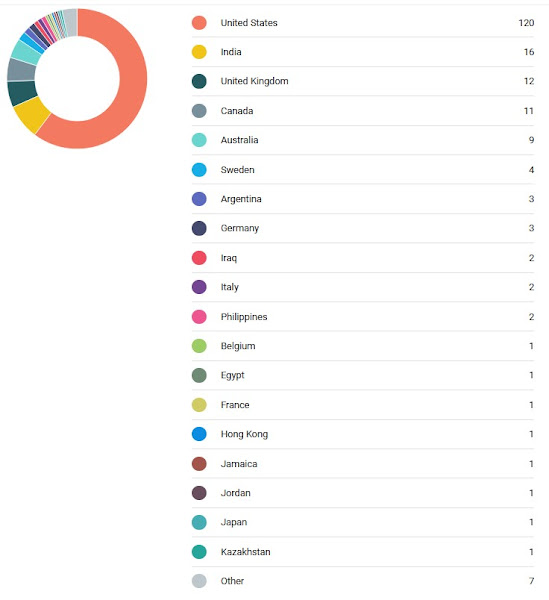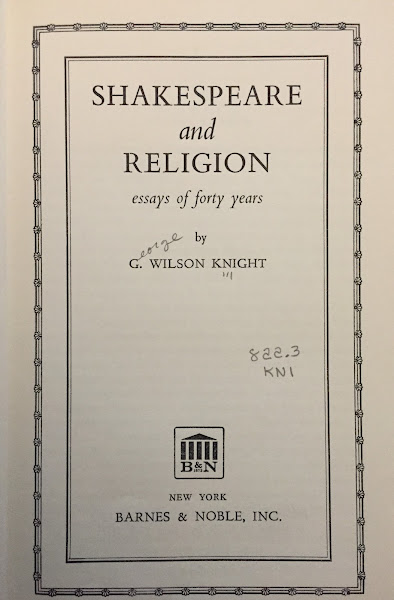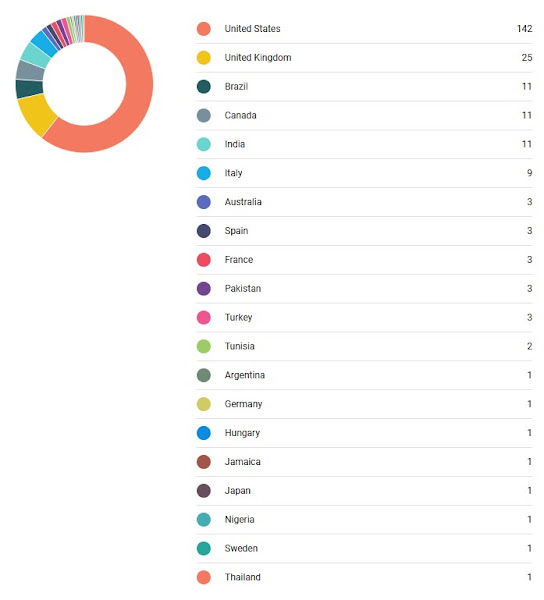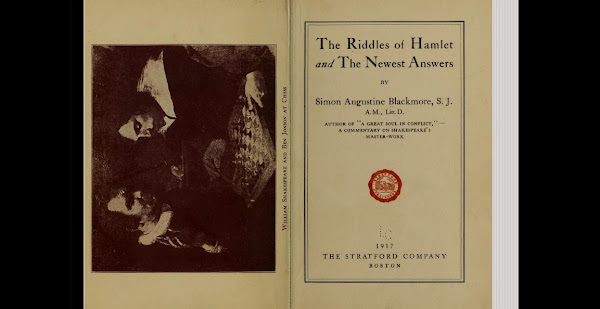History never repeats but often rhymes - Ukraine, Shakespeare, Lincoln, and Thoreau

Mark Twain once wrote that "History never repeats," although the saying, "History never repeats but often rhymes" is often wrongly attributed to him . Some may feel this general idea applies regarding what is happening in Ukraine, with NATO expansion since the 1990s toward Russia's borders (in violation of a US promise), and Russia's attack on Ukraine. I am not a supporter of Putin or the Russian invasion, nor am I a supporter of US expansion of NATO or US "regime change" aggression. Some in the US have long expressed concern about Neo-Nazi elements in western Ukraine. Others have also noted James Baker's promise to a Soviet negotiator that NATO would not expand even an inch eastward. [https://www.bbc.com/news/world-europe-56720589?utm_source=pocket-newtab] History is full of promises violated when lines were crossed, such as Julius Caesar, whose Roman armies had been used for expansion of empire but not to oppress Rome, crossing the Ru







